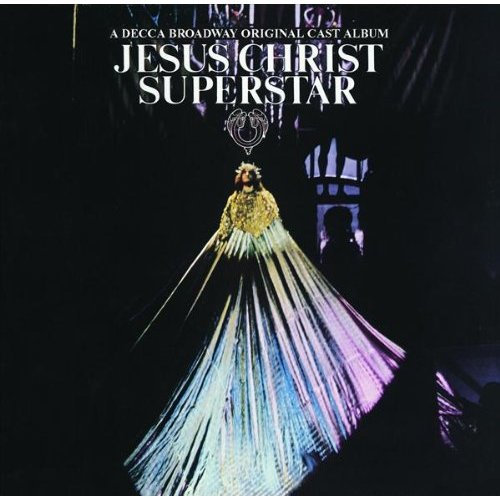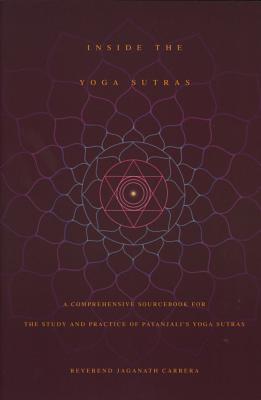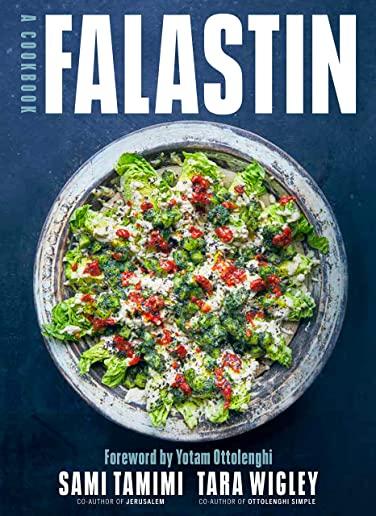
Puett, Michael
product information
description
4For the first time, an award-winning Harvard professor shares his wildly popular course on classical Chinese philosophy, showing you how ancient ideas--like the fallacy of the authentic self--can guide you on the path to a good life today. Why is a course on ancient Chinese philosophers one of the most popular at Harvard? Because it challenges all our modern assumptions about what it takes to flourish. Astonishing teachings emerged two thousand years ago through the work of a succession of Chinese scholars exploring how humans can improve themselves and their society. And what are these counterintuitive ideas? Transformation comes not from looking within for a true self, but from creating conditions that produce new possibilities. Good relationships come not from being sincere and authentic, but from the rituals we perform within them. A good life emerges not from planning it out, but through training ourselves to respond well to small moments. Influence comes not from wielding power but from holding back. Excellence comes from what we choose to do, not our natural abilities. In other words, The Path "opens the mind" (Huffington Post) and upends everything we are told about how to lead a good life. Its most radical idea is that there is no path to follow in the first place--just a journey we create anew at every moment by seeing and doing things differently. "With its...spirited, convincing vision, revolutionary new insights can be gleaned from this book on how to approach life's multifarious situations with both heart and head" (Kirkus Reviews).
member goods
No member items were found under this heading.
listens & views

JESUS CHRIST SUPERSTAR (1971) / ...
by JESUS CHRIST SUPERSTAR (1971) / O.B.C.
COMPACT DISCout of stock
$13.79
Return Policy
All sales are final
Shipping
No special shipping considerations available.
Shipping fees determined at checkout.






